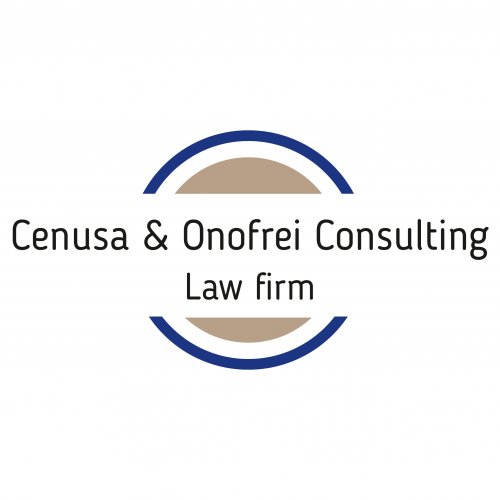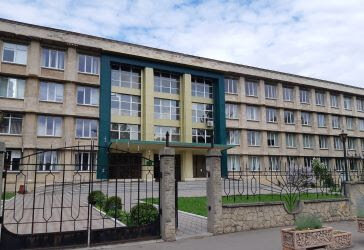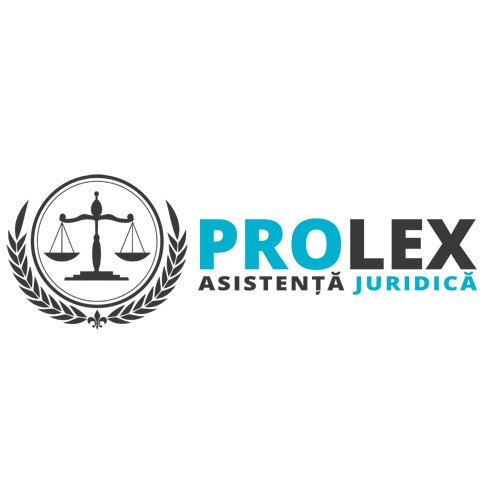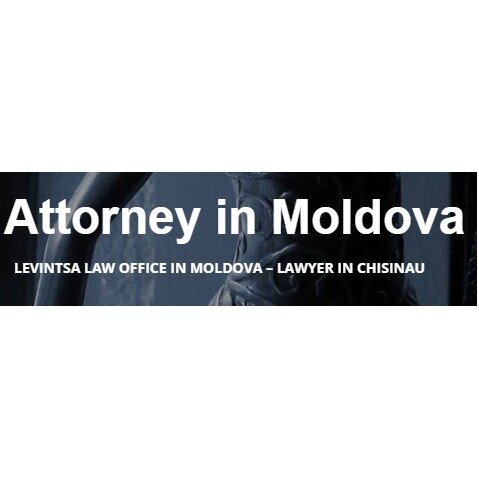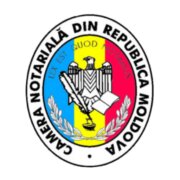Best Collaborative Law Lawyers in Republic of Moldova
Share your needs with us, get contacted by law firms.
Free. Takes 2 min.
Free Guide to Hiring a Family Lawyer
Or refine your search by selecting a city:
List of the best lawyers in Republic of Moldova
About Collaborative Law in the Republic of Moldova
Collaborative Law in the Republic of Moldova is a forward-thinking approach to conflict resolution primarily used in family law disputes. This method emphasizes cooperation between the parties involved and their attorneys to reach amicable settlements without resorting to litigation. Through structured negotiations, clients are empowered to communicate openly and reach mutually beneficial agreements with the guidance of their lawyers. This process not only saves time and money but also preserves relationships, making it a favorable choice in family conflicts.
Why You May Need a Lawyer
There are several scenarios in which individuals may seek legal assistance in the context of Collaborative Law. Common situations include divorce and separation proceedings, custody disputes, division of assets, and determining spousal support. In these cases, a lawyer trained in Collaborative Law can provide valuable guidance, ensuring the process remains constructive and focused on reaching a resolution that respects the interests of both parties. Legal assistance is crucial in maintaining a productive environment while safeguarding clients' rights and obligations.
Local Laws Overview
The legal framework in Moldova supports the principle of alternative dispute resolution methods, including Collaborative Law, particularly in matters related to family disputes. Key aspects of local law relevant to Collaborative Law include the legal recognition of agreements reached through collaborative processes and the confidentiality of the information shared during negotiations. Lawyers engaged in Collaborative Law are ethically bound to work collaboratively without pursuing litigation, fostering a cooperative atmosphere. This legal structure allows parties to resolve issues with more flexibility than traditional court proceedings.
Frequently Asked Questions
What is Collaborative Law?
Collaborative Law is an approach to legal disputes where parties and their attorneys commit to resolving issues through cooperation and negotiation without going to court.
How does Collaborative Law differ from traditional litigation?
Unlike traditional litigation, which often involves adversarial proceedings in court, Collaborative Law focuses on negotiation and settlement outside of the courtroom, aiming for a win-win resolution.
What types of cases are suitable for Collaborative Law?
Collaborative Law is particularly suited for family law cases such as divorce, child custody, property division, and other related disputes where parties seek amicable resolutions.
Are there any legal requirements for starting a Collaborative Law process?
Parties generally must consent to the process and sign a participation agreement outlining their commitment to the Collaborative Law principles, including confidentiality and a no-court pledge.
What is a participation agreement?
A participation agreement is a contract signed by both parties and their attorneys, agreeing to engage in Collaborative Law with a commitment not to litigate the matter.
Is the information shared during Collaborative Law confidential?
Yes, information disclosed during Collaborative Law sessions is confidential and cannot be used as evidence if the case proceeds to court.
Can I still go to court if Collaborative Law fails?
While the goal is to reach a settlement outside of court, if the collaborative process fails, you can pursue litigation. However, your Collaborative Lawyer must withdraw, and you would need new representation for court proceedings.
What are the benefits of choosing Collaborative Law?
Benefits include a more amicable resolution process, reduced legal costs, faster settlements, and personalized solutions that are mutually agreed upon.
How long does the Collaborative Law process take?
The duration varies depending on the complexity of the issues and the willingness of both parties to reach an agreement, but it often takes less time than traditional court proceedings.
Do I need a special lawyer for Collaborative Law?
Yes, it's advisable to work with a lawyer trained in Collaborative Law who understands the principles and practices needed to facilitate cooperative negotiation and settlement.
Additional Resources
Several resources and organizations can assist individuals interested in Collaborative Law in Moldova. The Moldovan Bar Association provides directories of lawyers trained in Collaborative Law. Additionally, non-governmental organizations focusing on family welfare may offer support or mediation services. Consulting with the Ministry of Justice or local courts can also provide guidance on accessing collaborative processes.
Next Steps
If you're considering Collaborative Law to resolve a legal issue, the first step is to research and contact a lawyer specializing in the field. Discuss your situation and determine if Collaborative Law is appropriate for your case. Once you choose to proceed, prepare to sign a participation agreement to officially begin the collaborative process. Stay committed to open communication and cooperate with all parties involved to reach a satisfactory resolution.
Lawzana helps you find the best lawyers and law firms in Republic of Moldova through a curated and pre-screened list of qualified legal professionals. Our platform offers rankings and detailed profiles of attorneys and law firms, allowing you to compare based on practice areas, including Collaborative Law, experience, and client feedback.
Each profile includes a description of the firm's areas of practice, client reviews, team members and partners, year of establishment, spoken languages, office locations, contact information, social media presence, and any published articles or resources. Most firms on our platform speak English and are experienced in both local and international legal matters.
Get a quote from top-rated law firms in Republic of Moldova — quickly, securely, and without unnecessary hassle.
Disclaimer:
The information provided on this page is for general informational purposes only and does not constitute legal advice. While we strive to ensure the accuracy and relevance of the content, legal information may change over time, and interpretations of the law can vary. You should always consult with a qualified legal professional for advice specific to your situation.
We disclaim all liability for actions taken or not taken based on the content of this page. If you believe any information is incorrect or outdated, please contact us, and we will review and update it where appropriate.
Browse collaborative law law firms by city in Republic of Moldova
Refine your search by selecting a city.



